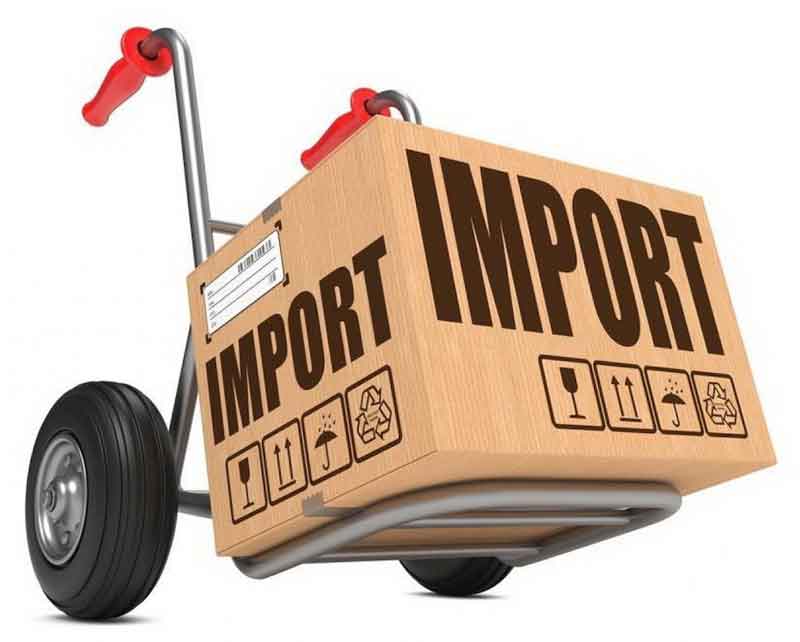Import Clearances
Receive your goods faster and avoid storage charges.

Import Clearance
Import Clearance
All goods imported into Australia are subject to customs and quarantine controls.
The regulations and processes surrounding the clearance of your imports can be complicated and challenging.
You need someone who can manage your cargo importation requirements and offer you efficient service.
Exportair are happy to assist you and act as your direct representation. Our aim is for you to receive your goods faster and avoid storage charges.

Exportair will communicate on your behalf with Australia’s customs and quarantine authorities to ensure that your clearance requirements are met.
Australian law requires that all goods are assessed for Customs Duties, Goods and Services Tax (GST) and possibly other taxes, and for quarantine risks.
It is possible that no duties or taxes are payable.
Exportair remain up-to-date with Australian Government regulations.
You can rely on our experience and dedication for the efficient clearance of your cargo.
- Assistance with all customs clearance
- Advice on duty, taxes & GST implications for imports
- Advice on AQIS procedures
- Assistance with SAC clearances on imported goods worth under $1000
- Delivery of your goods to your residence or business
- Goods worth equal to or less than $1000
- Goods worth more than AUD $1000
- Importing Personal Effects
- Quarantine
- Special Cases
- Links
Goods valued below A$1,000 may be imported free of customs duty and taxes (as determined by Australian Customs).
This exemption does not apply to alcohol or tobacco products.
You do not require a Formal Import Declaration.
However, these goods must still be reported to Customs & Border Protection on a Self-Assessed Clearance (SAC) declaration.
Once Customs & Border Protection has assessed the value of your imported goods as being under AUD $1,000, Exportair will happily assist you in making the SAC declaration on your behalf
* Once cleared through Customs, you will need to make your own arrangements to clear your goods through quarantine (if required).
When goods with a value of more than AUD $1,000 are imported, the importer will be required to pay duty, GST and possibly other taxes and charges.
If you suspect that your imported goods fall above the $1,000 threshold, please contact Exportair before talking to Customs & Border Protection.
Exportair will assist you with the clearance of your imports.
Exportair will help you complete a Formal Import Declaration, and guide you through the payment of the relevant duties, taxes & charges that will be required prior to your goods being released to you.
The following documents will be helpful (if applicable):
- Any relevant commercial invoice(s) relating to the purchase of the goods and the associated freight costs
- A legible copy of the Air Waybill (AWB) or Bill of Lading (B/L)
- Some form of government issued ID such that we can establish your identity
- A Fumigation Certificate – in the event that your import contains any wooden items.
- A Certificate of Origin – if you wished to claim concessions as part of a free-trade agreement.
- Dependent on the commodity, we may require additional documentation.
The importation of Personal Effects is treated differently by Customs in comparison to the importation of commercial items.
The importation of personal effects should not attract the application of Customs Duties and Goods and Services tax (GST).
For Customs to consider your goods as personal effects, you must have owned and used the goods overseas for more than 12 months.
Please note that items such as alcohol, tobacco and motor vehicles are not considered personal effects.
Personal effects are generally considered to be of a higher risk from a biosecurity perspective. As a result, please do not be surprised if they require inspection by Australian Quarantine.
Australia has very strict biosecurity requirements to protect Australia from harmful pests and diseases.
Australian quarantine officers will look for goods such as food, animal products (including meat and pet food) and plant material (including seeds, cacti and succulents).
Consider the following:
- Does any part of your imported items have a wooden component?
- Are any of your goods used or second-hand?
- Do any of your goods contain any biological materials?
- Do any of your goods includes flora or fauna?
If your goods fit into any of these categories, they may still be allowed entry into Australia, but simply might require further inspection.
You will need to pay duties and taxes on some goods (like tobacco or alcohol) regardless of their value.
Certain types of goods are not allowed to be brought into Australia, or require special permits.
If you wish to know more about the rules and regulations…
We would encourage you to consult the following resources:





